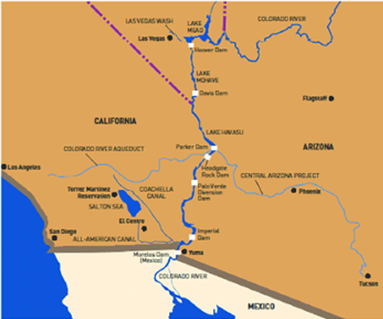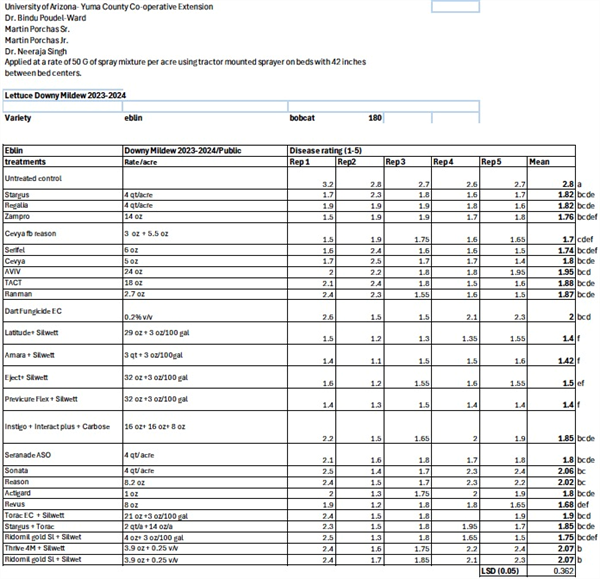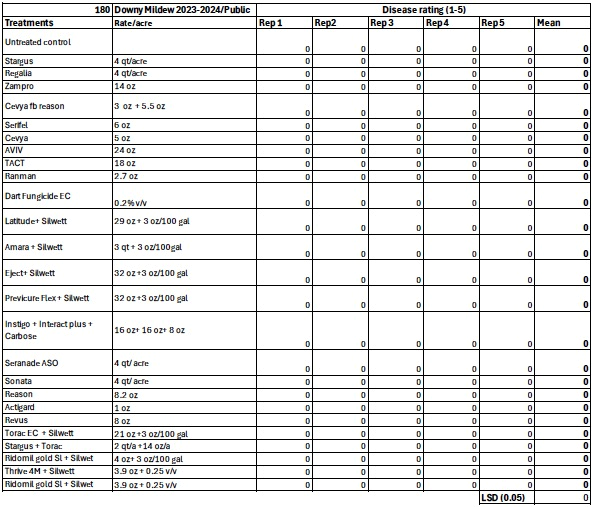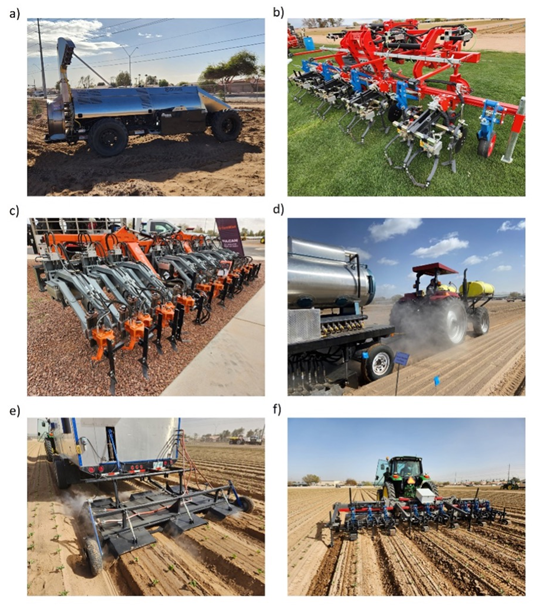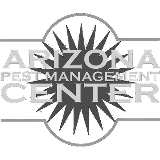-
Jan 21, 2015Seed Corn Maggots in Spring Melons 2015“An ounce of prevention is worth a pound of cure” so said the great American statesman Benjamin Franklin. He’ right on the money when it comes to seed corn maggots in desert melons crops. In my experience, it’s always best to prevent problems with seed corn maggots as you plan ahead for spring planting. As you likely know, seed corn maggots can cause significant stand reductions in spring melons and other large seeded crops due to larvae feeding on germinating seed, roots and stems of young seedlings. If larvae populations are high in the soil, replanting parts or all of an infested field is often necessary. Not only is this an inconvenience to the grower, but also replanting is expensive and can disrupt harvest schedules. Unfortunately, once maggots have been soil during stand establishment, there is usually nothing you can do. Thus, avoidance of the problem is the most effective way of preventing stand reductions. First, weather plays a major role in determining the damage potential for seed corn maggot to be a problem. Melon stands are more susceptible to seed corn maggot during wet, cool spring weather in which seed germination is slowed or delayed. These conditions give seed corn maggots a chance to develop in the soil and attack the seeds before they can emerge. But I’ve also observed seed corn maggots take down melon plants under warm dry conditions when populations were high. Secondly, our cropping system plays a key role. Melon crops following produce are the most often attacked because seed corn maggot are attracted to fields with high levels of decomposing organic matter. This includes heavy plant residue remaining after harvest of the previous lettuce or cole crop, as well as applications of manure prior to planting. Growers would be encouraged not to plant melons into fields under these conditions. However, if growers decide to plant in these conditions, then it would be wise to use a preventative insecticide applied at planting to minimize the impact from seed corn maggot and give seedlings a fighting chance. A few alternatives are available that have shown activity against seed corn maggot and may be practical for their management in spring melons. For more information visit on insecticide alternatives and Aphid Identification please visit Seed Corn Maggot on Spring Melons 2015..

 To contact John Palumbo go to: jpalumbo@ag.Arizona.edu
To contact John Palumbo go to: jpalumbo@ag.Arizona.edu



